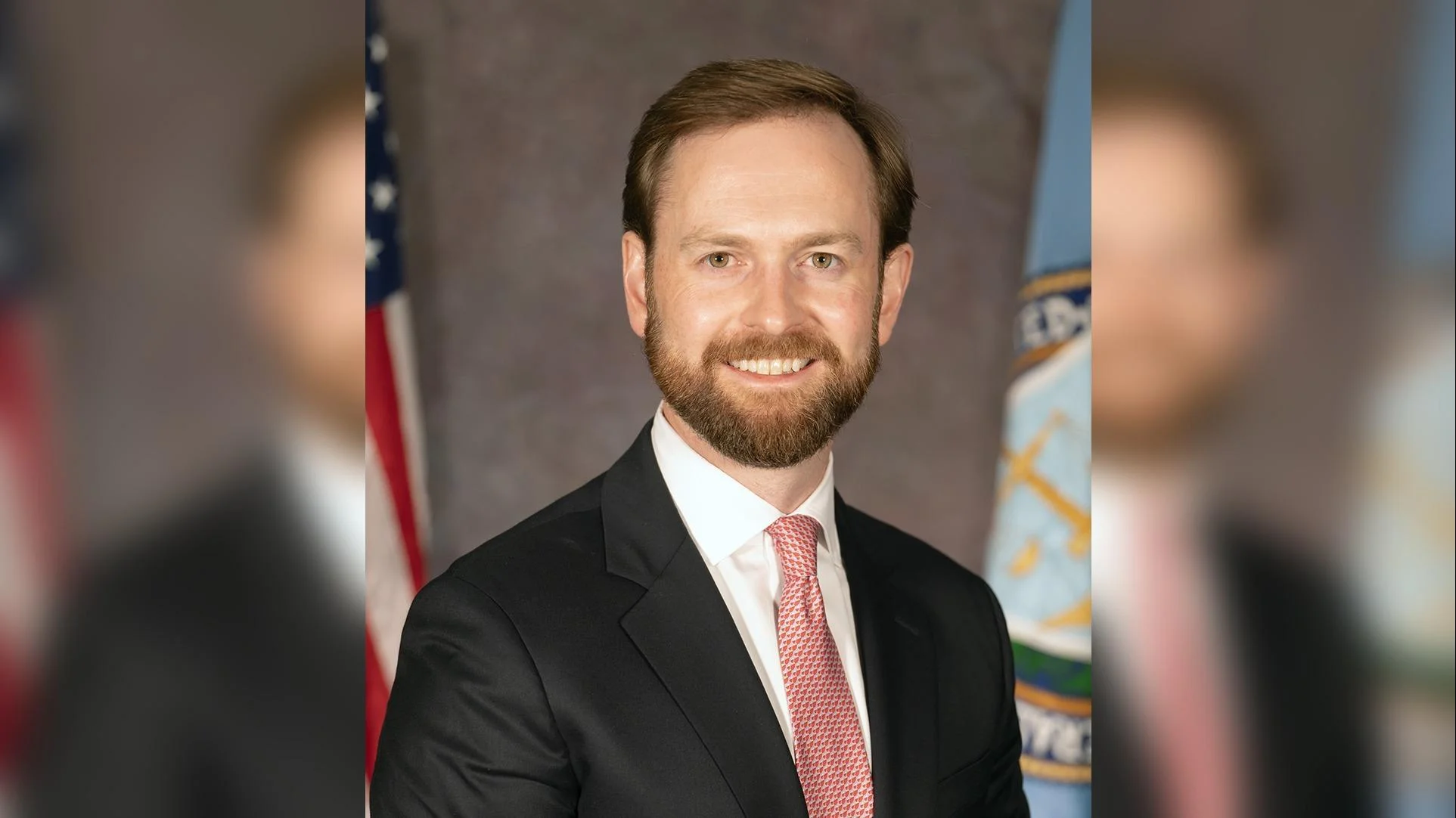Assurance IQ, LLC and MediaAlpha, Inc. have agreed to pay a combined $145 million to settle allegations by the Federal Trade Commission (FTC) that they misled consumers seeking health insurance coverage. The FTC brought two separate actions against the companies, claiming they deceived millions of consumers into buying plans that did not provide the promised coverage and subjected them to persistent telemarketing and robocalls.
“Coherently and systematically addressing unlawful lead generation is a priority for the FTC. That’s especially so in connection to health insurance, one of the most expensive and important products consumers buy to protect themselves and their families. Consumers should receive accurate, truthful, and non-misleading information about the coverage insurance provides,” said Christopher Mufarrige, Director of the Bureau of Consumer Protection. “The FTC will take action when lead generators or other sellers break the law and harm the American people.”
Assurance IQ, based in Seattle and operated by Michael Rowell and Michael Paulus, used telemarketing tactics to market short-term medical (STM) plans and limited benefit indemnity (LBI) plans bundled with supplemental products such as telemedicine services, prescription discounts, dental, and vision discount plans. According to an FTC complaint filed in U.S. District Court for the Western District of Washington at Seattle, Assurance’s representatives made misleading statements about plan costs and benefits—including claims about preexisting condition coverage, benefit caps, access to provider networks that would reduce costs significantly—and included additional products without proper consent from consumers.
The proposed court order imposes a $100 million judgment against Assurance for violating federal rules governing telemarketing sales practices. This money will be used for consumer refunds. The order also prohibits Assurance from making misrepresentations related to health plan coverage or costs; requires substantiation for any claims made regarding health plans; mandates full disclosure of actual costs or limitations; bars billing before obtaining express informed consent; and enjoins future violations of relevant regulations.
The Commission voted 3-0 in favor of filing both the complaint and proposed final order against Assurance.
MediaAlpha Inc., headquartered in Los Angeles with its subsidiary QuoteLab, collected consumer information through websites purporting to offer health insurance quotes—using domains like “ObamacarePlans.com”—and sold this data as leads primarily for telemarketing purposes. In 2024 alone, MediaAlpha reportedly sold approximately 119 million consumer leads.
According to an FTC complaint filed in U.S. District Court for the Central District of California, MediaAlpha used misleading marketing strategies such as hiring actors or celebrities to promote fictitious government programs like a “Health Insurance Give Back Program” via advertorial news segments featuring paid professionals who suggested low-cost comprehensive plans were widely available through their services.
Many individuals listed on national Do Not Call registries received robocalls containing false claims about affordable comprehensive healthcare options that were rarely provided by MediaAlpha’s partners. The FTC alleges these practices violated multiple statutes including the Telemarketing Sales Rule (TSR), Impersonation Rule, and sections of federal law governing deceptive business conduct.
A $45 million judgment has been imposed on MediaAlpha under a proposed court order designed both for consumer redressal purposes as well as ongoing compliance monitoring measures: it permanently bars deceptive advertising tactics alleged by regulators; prohibits misrepresentation regarding government affiliation or product features; mandates robust oversight over partners’ compliance; requires relinquishment of certain web domains linked with deception; demands clear notification on future sites about lack of government endorsement; obligates express informed consent prior to collecting or selling personal information.
The Commission approved this action unanimously with a 3-0 vote.
Both cases will proceed before district courts where stipulated final orders will become enforceable upon judicial approval.





